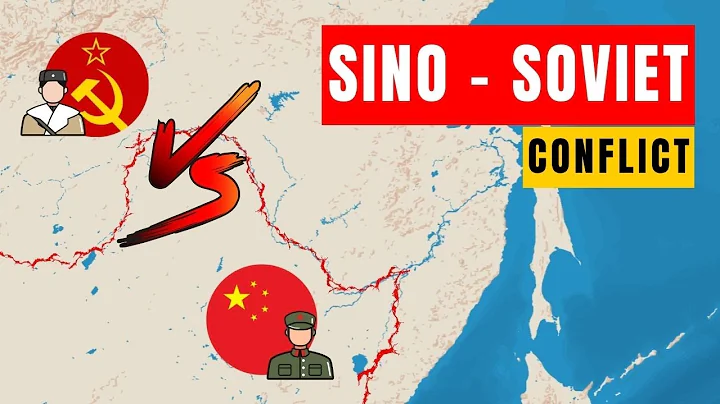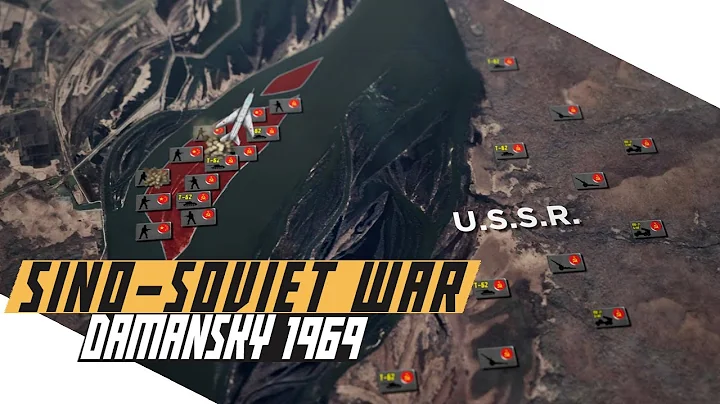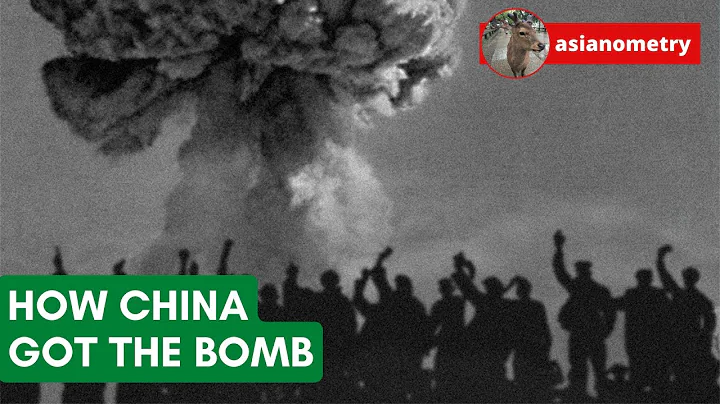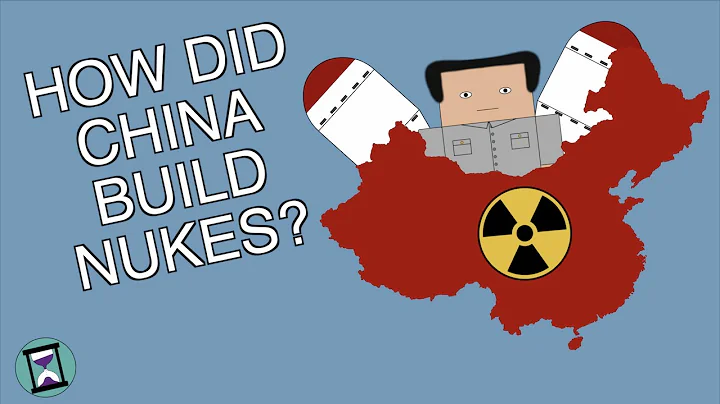How did Chiang Kai-shek distribute "death warrants" to his subordinates?
If you ask Du Yuming, Fang Xianjue and other Kuomintang generals now what they are most afraid of Chiang Kai-shek , they will probably say in unison: "The most afraid of Chiang Kai-shek's death warrant"! The so-called death warrant was actually a warrant signed by Chiang Kai-shek's superior command and personally signed by him.

When Du Yuming wrote the book "The Beginning and End of the Huaihai Campaign" in his later years, he clearly summarized Chiang Kai-shek's characteristics: liked personal dictatorial command, always made random orders based on "a sudden inspiration", and made decisions at every turn. The reason why Du Yuming summarized so angrily is because he entered the Merit Forest because of Chiang Kai-shek's "death warrant".
Not long after the Battle of Huaihai started, Huang Baitao 's regiment was destroyed, and Huang Wei's regiment who rushed to rescue people was surrounded. In order to rescue Huang Wei, Chiang Kai-shek called Du Yuming and forced him to go to the battlefield regardless of his physical condition. Du Yuming thought to himself at that time, I couldn't refuse even my excuses, so I could only go to the battlefield with the same mood as going to the execution ground. But before Du Yuming had time to rescue him, Huang Wei's regiment was gone. There was no way, Du Yuming's regiment was the only one left guarding the Huaihai battlefield.

For this reason, when Du Yuming and Lao Jiang, Gu Zhu and were discussing the battle plan, clearly stated the principle of "you cannot fight if you withdraw, and you cannot withdraw if you fight" and determined to retreat. At that time, almost all those who participated in the combat meeting agreed with this decision, including Chiang Kai-shek. After the meeting, Du Yuming hurriedly returned to Xuzhou to prepare for the retreat. In order to prevent Chiang Kai-shek from continuing to change his mind and change his decision-making, Du Yuming also deliberately turned off the radio station and refused to receive calls from Nanjing until the troops successfully retreated.
But what Du Yuming never expected was that Lao Jiang, the captain of the transportation brigade, would be able to find him no matter what. Less than two days after Du Yuming led his troops to retreat, Chiang Kai-shek's order arrived on a plane. When received this warrant, Du Yuming's heart almost stopped beating. Because after opening the warrant, there are only three words between the densely packed words: Fight back! Du Yuming was desperate, Chiang Kai-shek's decision-making had changed again, and his regiment was about to disappear.

At that moment, Du Yuming also thought that the ancients said that the general would be outside and the military orders would be ignored, so he might as well retreat first in violation of the orders. But if Du Yuming thought carefully, once the Huang Wei Corps was destroyed, he would be the sinner. Therefore, in order not to bear the responsibility for the failure, Du Yuming ordered to stop the retreat and prepare to fight back. But we all know the result later. Du Yuming tried to launch a breakout under the cover of the old Chiang Kai-shek Air Force, but unfortunately, it failed, and Du Yuming just hitchhiked to Gongdelin!
Tell me, Du Yuming is unjust or not. It’s no wonder that when Du Yuming later wrote a book about the Huaihai Campaign, he unabashedly said that Chiang Kai-shek was fully responsible for the failure of the Chinese army in the Huaihai Campaign!

But you must not think that Du Yuming was the only victim of Chiang Kai-shek's "death warrant". Fang Xianjue, who clung to Hengyang during the Anti-Japanese War, also suffered greatly from it.
In 1944, the Fourth Battle of Changsha began. The Japanese army learned from the lessons of the previous two times and made full deployments. It successfully cut off the connection between the troops under Xue Yue and forced the defenders in various places to fight on their own. Those guarding Hengyang City are the Tenth Army who was born in Huangpu Military Academy . Their commander is Fang Xianjue.
It is worth mentioning that Fang Xianjue, the army commander, was awarded the rank of commander by Chiang Kai-shek only after the war started. At that time, what Lao Jiang and Fang Xianjue said was: "I trust you. As long as you can stick to Hengyang for two weeks, you will have completed your mission"! But in fact, there are prerequisites for defending a city. Reinforcements must come. In fact, Lao Jiang thought so too. When Fang Xianjue was asked to hold on to Hengyang City, he quickly mobilized the nearby 62nd Army and 79th Army, hoping that they would rush to Hengyang as soon as possible to relieve the difficulties.

But the Japanese army was not a fool. When the two armies rushed to the battlefield, they also sent troops to contain them. As a result, the defenders in Hengyang City, who were running out of ammunition and food, almost all heard the sound of artillery fire from their own troops, but no matter how long they fought tenaciously, they could not see the shadow of reinforcements. In the end, Fang Xianjue led the Tenth Army to surrender after holding on for 47 days. There is a small detail worth savoring. Before Fang Xianjue and others surrendered, he and his three division commanders sent the last telegram to Chiang Kai-shek. The article solemnly wrote: "The rank and file swear to serve the party and the country with their own lives, and they will do their best to serve the party and the country." The bounden duty of a soldier will never let Jun Zuo live up to his lifelong training."
However, Fang Xianjue was lucky because he won this Hengyang defense battle and gained a great reputation. For this reason, there was a traitor who defected to the Japanese army. He could not bear to be captured and secretly released him. Fang Xianjue then returned to Chongqing, and later followed Chiang Kai-shek to Taiwan.

It is not difficult to see from Fang Xianjue’s story that Chiang Kai-shek is always fighting uncertain battles. To be fair, the Battle of Hengyang did demonstrate the bloody spirit of the Chinese people and China's national prestige. But in the end, this battle failed to change the situation. If Chiang Kai-shek could quickly mobilize reinforcements to defend Hengyang City when he ordered to defend Hengyang, would the impact of this battle be greater? But unfortunately, there is no if in history.
I guess after reading this, some people will be curious, why did Chiang Kai-shek like to write handwriting so much? In fact, in Lao Jiang's view, there were reasons for what he did.

The first reason is that his subordinates do not understand the full situation. At that time, Xue Yue led troops to hunt down the Red Army . As a result, Chiang Kai-shek intervened halfway and told Xue Yue's subordinates that Director Xue did not know the whole situation on the front line. You will act according to our orders in the future. This reason confused Xue Yue. As the director, he was just a high-level messenger who didn't care about the actual facts?
Of course, Lao Jiang is not unaware that others are saying that he is micromanaging. In May 1941, Chiang Kai-shek included those who spoke ill of him in his diary. In Lao Jiang's view, the reason why the world dislikes him for being too meddlesome is because the Chinese people are low-level and can only talk empty talk. To sum up, it is the second reason. Lao Jiang never thought that there was a problem with his micro-management.

Lao Jiang, I guess, loves to keep diaries. He writes down everything in his diary, both good and bad. In May 1944, Chiang Kai-shek was still in his diary, analyzing why the Henan defeat war failed despite his micro-management. In the end, after talking and talking, Lao Jiang found a reason: my subordinates are incompetent, and I have no confidence in him at all. Lao Jiang’s meaning can be summed up in one sentence. My subordinates are so incompetent. Without my micro-management, wouldn’t it be more difficult for them to win?
But to be honest, it is estimated that no Kuomintang general thinks so.
In 1937, before the Battle of Xinkou started, Yan Xishan's troops were preparing to deploy defenses in Wanshou Mountain. But the embarrassing thing is that Yan Xishan’s transfer order has not yet arrived, but Lao Jiang’s order has arrived first. When the troops were preparing to leave, Yan Xishan's warrant arrived. Ever since, faced with two different transfer orders, the troops were confused, and almost missed the time to change defenses, and almost moved to the wrong position.

For another example, during the Songhu Battle, , Zhang Zhizhong led the 9th Group Army in a bloody battle. , when he was preparing to mobilize the 18th Army to perform the mission, he suddenly discovered that the 18th Army was missing. After searching around, I found out that under Chiang Kai-shek's micro-management, the 18th Army had been transferred long ago. Tell me, isn't this situation of directly mobilizing troops without going through middle-level leaders increasing the difficulties of resisting Japan?
Like Zhang Zhizhong, he was tortured by Chiang Kai-shek's micromanagement, as was Han Fuju who fought in the Battle of Taierzhuang. At that time, Han Fuju originally wanted to use his artillery unit to launch a wave of attacks on the Japanese follow-up troops, but when he looked for the troops, he could not find them. Later, someone said that the artillery unit was transferred to Tang Enbo by Chiang Kai-shek. Han Fuju was furious when he heard this, and said angrily: "I'm taking the kid's back here, and Jiang is taking my back!"

In this situation, in the battle of the Kuomintang generals, It's almost common. Every general who has experienced Chiang Kai-shek's micro-management during the war probably wants to say something like this: "Chiang Kai-shek, you misled me!"
What's interesting is that Chiang Kai-shek's micro-management also left a very distorted impression on his son. . When Jiang Weiguo recalled the Battle of Hengyang, he actually said that Mr. Jiang personally defended this battle. And the evidence he produced is that during the battle, Chiang Kai-shek would personally participate in every detail, including which high ground to defend and how many troops to send. If you don’t understand the history, you may have to believe it. The true history is that Fang Xianjue led the Tenth Army and fought hard for 47 days with the remaining people in Hengyang.

Faced with Chiang Kai-shek’s micro-management behavior, the Kuomintang generals also tried to resist. As we said before, in order to resist micro-management, Du Yuming directly turned off the radio and turned off the phone. But who knew that the captain of the transportation brigade directly used the air force to transport the warrant. Because of Chiang Kai-shek's participation, after the failure of the Fourth Battle of Changsha, Xue Yue directly led his troops to Xiangxi . When asked why, he said that if he went further, he would not be able to make calls!
In addition, Chiang Kai-shek's confidant He Yingqin once explicitly accused Chiang Kai-shek of micro-management and overstepping of command at the Central Political Conference of the Kuomintang. No matter how dissatisfied the Kuomintang generals were, they could not change Chiang Kai-shek's behavior. In the end, Chiang Kai-shek lost everything he had because of his micro-management, and was eventually defeated in Taiwan!
It’s no wonder that Li Zongren when evaluating Chiang Kai-shek’s military capabilities, said that he was just an infantry platoon leader. The fact is indeed true. When it comes to commanding operations, Chiang Kai-shek doesn't have the diamonds, so he insists on taking the porcelain job!




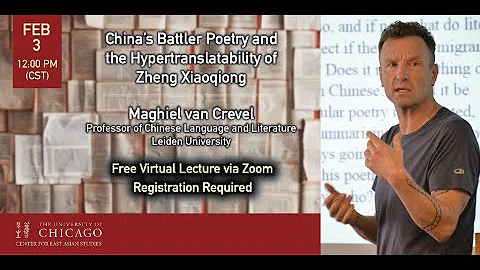
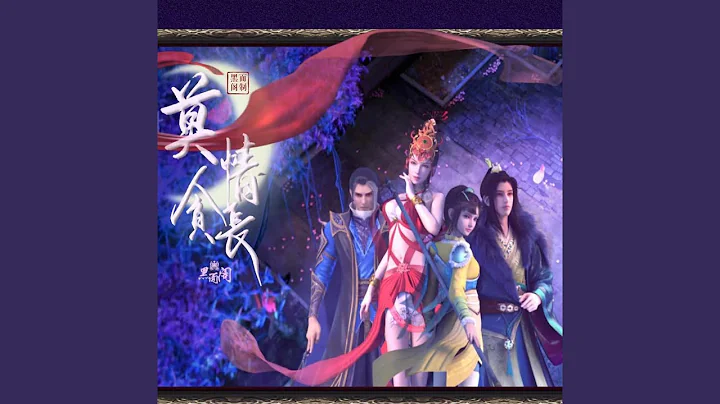



![[经典咏流传 纯享版]《青玉案·元夕》 演唱:陈彼得 | CCTV - DayDayNews](https://i.ytimg.com/vi/vWXIA9qgYFw/hq720.jpg?sqp=-oaymwEcCNAFEJQDSFXyq4qpAw4IARUAAIhCGAFwAcABBg==&rs=AOn4CLCkHLH2jEbwXo5sEjRguvlfqykpng)



